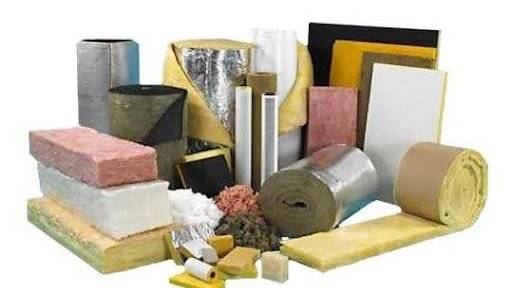When it comes to making your home more energy-efficient and comfortable, one area that often gets overlooked is the garage. Properly insulating your garage door can help regulate temperature, reduce energy costs, and even provide some soundproofing. But with various insulation options available, how do you choose the right one for your garage door? In this guide, we’ll walk you through the factors to consider when selecting garage door insulation.
Determine Your Budget
Before diving into the world of garage door insulation, it’s essential to establish a budget. Garage door insulation comes in a range of materials and price points, so knowing how much you’re willing to spend will help narrow down your options.
Consider Your Climate
The climate in your area plays a significant role in the type of insulation you should choose. If you live in an area with extreme temperatures, you’ll want a higher R-value insulation to keep your garage comfortable year-round. The R-value measures the insulation’s ability to resist heat flow, so a higher R-value indicates better insulation.
Choose the Right Material
Garage door insulation is available in various materials, including:
- Fiberglass Insulation:
Pros: Lightweight, easy to install, and affordable.
Cons: Less effective at sealing air gaps than other materials.
- Foam Board Insulation:
Pros: Provides excellent insulation, moisture-resistant, and durable.
Cons: Can be more expensive, and installation may require cutting and fitting.
- Reflective Foil Insulation:
Pros: Reflects radiant heat, making it suitable for hot climates.
Cons: Less effective in cold climates and may not provide soundproofing.
- Batt Insulation:
Pros: Effective at insulating and soundproofing.
Cons: May require professional installation and can be more costly.
Choose the material that best aligns with your climate, budget, and insulation needs.
Consider R-Value
As mentioned earlier, R-value (thermal resistance) is a crucial factor in garage door insulation. The higher the R-value, the better the insulation is. If you live in a region with harsh winters or hot summers, opt for insulation with a higher R-value to maintain a comfortable temperature in your garage.
Think about Installation
The ease of installation is another essential consideration. Some insulation materials, like fiberglass and foam board, are relatively simple to install as DIY projects. However, others, such as batt insulation, may require professional installation. If you’re not confident in your DIY skills, it’s worth factoring in the cost of professional installation when budgeting for your insulation project.
Consider Soundproofing Needs
If you use your garage as a workspace or have a bedroom above it, soundproofing may be a priority. In such cases, consider insulation materials known for their sound-absorbing qualities, like batt insulation or foam board.
Don’t Forget the Garage Door Type
The type of garage door you have also affects your insulation choices. Insulating a single-layer steel door may require a different approach than insulating a double-layer or wooden door. Make sure the insulation you choose is compatible with your garage door type.
Check for Fire Safety
Safety should always be a concern when choosing insulation. Some materials are more fire-resistant than others. Check local building codes and regulations to ensure your chosen insulation meets safety requirements.
Read Reviews and Seek Recommendations
To get a sense of how well a particular insulation material performs, read reviews from other homeowners who have used it. Additionally, seek recommendations from friends, family, or contractors who may have experience with garage door insulation.
Consult a Professional
If you’re uncertain about the best insulation choice for your garage door, don’t hesitate to consult a professional contractor or insulation specialist. They can assess your specific needs and recommend the most suitable insulation material and installation method.
In conclusion, choosing the right garage door insulation involves considering factors like your budget, climate, material type, R-value, ease of installation, soundproofing needs, garage door type, fire safety, and seeking recommendations. By carefully evaluating these factors, you can make an informed decision that will improve your garage’s energy efficiency and comfort. Don’t underestimate the benefits of a well-insulated garage door, both for your wallet and your daily quality of life.
